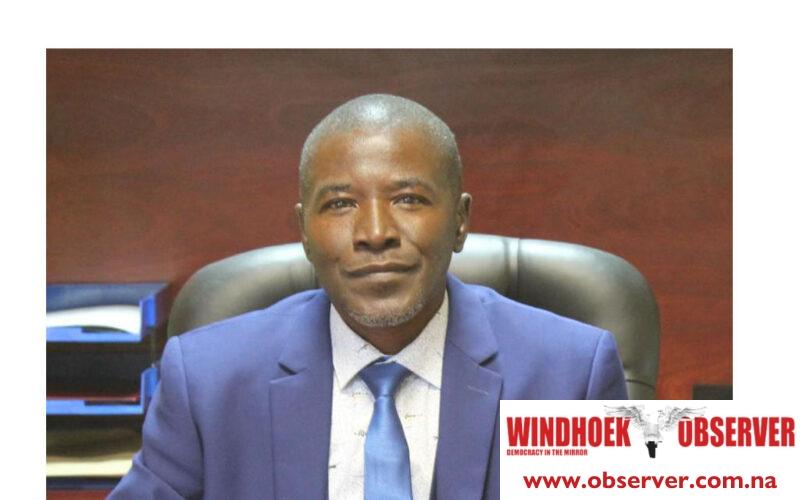Hertta -Maria Amutenja
Kavango East governor Bonifatius Wakudumo has voiced strong support for the government’s proposal to cull elephants and other wildlife for drought relief measures.
Wakudumo argues that culling is essential for maintaining a balance between human and wildlife needs and offers a different perspective, supporting culling as a necessary measure.
“When we have good rain and the people have cultivated their crops, that is when we start to experience serious problems as elephants destroy people’s crops. In the absence of good rain, grazing for both cattle and elephants becomes minimal, increasing the risk of competition for resources. While the situation is currently under control, we have a responsibility to manage these animals,” he said.
According to Wakudumo, responsible management of elephant populations is crucial, noting that the number of elephants has increased over the years and that the culling could help complement food rations during drought relief efforts.
“We cannot just allow these animals to multiply. The area where we coexist becomes very limited. As long as we manage it properly and don’t overdo it, culling can be a responsible way to maintain balance,” said Wakudumo.
The ministry justified the culling under the Namibia Livelihood Vulnerability Assessment and Analysis (VAA) Report, which led to the cabinet’s decision to support drought relief by providing game meat.
A total of 723 animals, including 83 elephants, will be culled from national parks and communal areas where game numbers are deemed sustainable.
The meat is intended to support the drought relief programme under the Office of the Prime Minister.
“This offtake will assist in managing the current grazing pressure and water availability by reducing wildlife numbers in some parks and communal areas where we feel numbers exceed available grazing and water,” said MEFT’s spokesperson, Romeo Muyunda.
The ministry further said that it has contracted professional hunters and safari outfitters to conduct the culling, which aims to lessen the impact of the ongoing severe drought on both conservation efforts and the affected communities.
Meanwhile, African conservationists and scientists have strongly criticised the government’s proposal to conduct a large-scale cull of elephants, alleging political motivations behind the decision.
“The timing of the cull coincides with upcoming elections, leading to speculation that the scheme may be politically motivated, particularly as it exactly targets rural areas in Kavango and Caprivi where the ruling party needs to increase its support,” said conservationist Adam Cruise.
The Elephant Human Relations Aid (EHRA) has also argued that the proposed cull does not address the root causes of human-elephant conflicts, which is often cited as the primary reason for such actions.
The conservation groups argue that the decision is politically motivated and will not solve the underlying issues.
According to the group, the proposal has reportedly been made without comprehensive environmental impact assessments, stakeholder consultations, game counts, or food insecurity evaluations in the targeted areas.
“The fact that culling had already begun by the time the press release was issued raises further concerns. This indicates a lack of transparency and justification on the grounds presented by the government,” he added.
EHRA’s managing director, Rachel Harris, has also opposed the cull, stating that killing elephants does not effectively reduce conflicts between humans and elephants.
“Culling elephants as a response to human-elephant conflict is a short-term fix that does not address the real issues. There are more sustainable and long-term solutions available that can mitigate these conflicts even during severe drought conditions,” said Harris.
Harris further emphasised that the cull could have lasting negative effects on Namibia’s biodiversity and tourism industry.
“This decision could damage Namibia’s reputation as a leader in conservation and a top destination for wildlife tourism. We urge the government to consider alternatives that protect both the communities and the wildlife,” she said.




